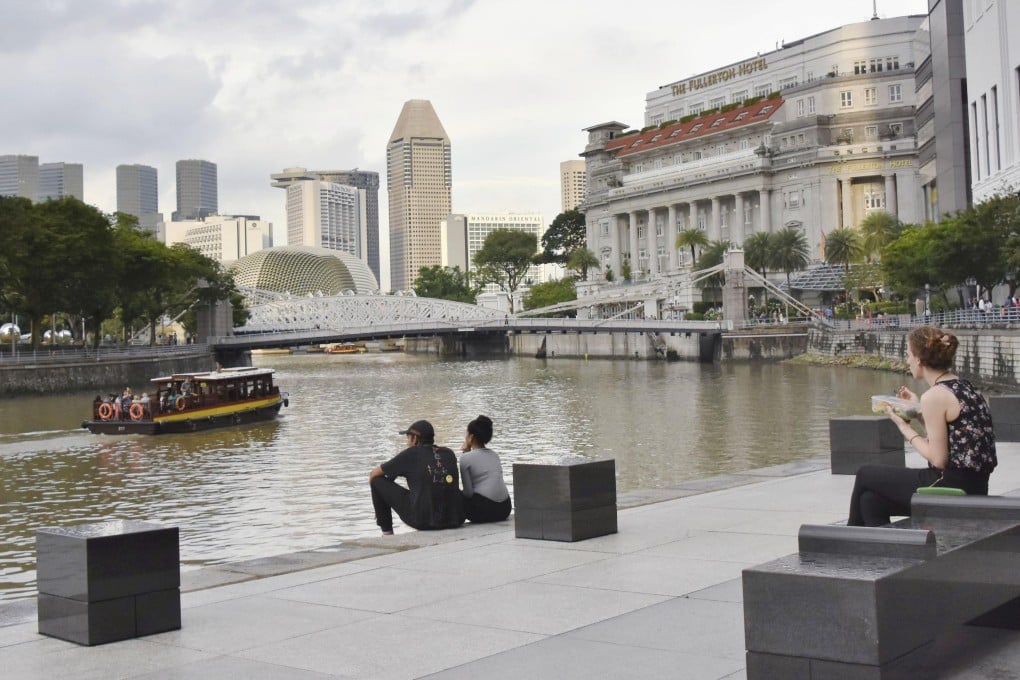Opinion | Even after 40 years, China can still learn from Singapore
- Sun Xi says the city state, a key role model for a modernising China, remains far ahead in social development and governance, and continues to have lessons to share
- In economic development, the learning is now mutual. As China powers ahead in innovation, including AI, it, too, has lessons of its own to teach

This week marks the 40th anniversary of the official start of China’s reform and opening up, when the third plenary session of the Communist Party’s 11th Central Committee was held from December 18 to 22, 1978.
At that time, Deng did not respond. However, a few years later in speeches during his famous 1992 southern tour, Deng said China must learn from Singapore and would do better. China subsequently initiated a large-scale campaign of learning from Singapore. Now, 40 years later, has China done better than Singapore?
First, in terms of economic achievements, both China’s and Singapore’s performances have been extraordinary.
Over the past 40 years, China’s gross domestic product has grown at a stunning average annual rate of 9.5 per cent. It is now the world’s second-largest economy, after only the United States. Meanwhile, it has successfully lifted 800 million people from abject poverty, an amazing feat in human history. Today, China’s foreign exchange reserves, manufacturing capacity and international trade volumes are all No 1 in the world.
The Singapore story is no less impressive. When it became independent in 1965, its nominal GDP per capita was around US$500, similar to that of Mexico and South Africa. Today, it is higher than Germany’s and catching up with the US. Singapore is now one of the world’s richest, most open and competitive, and least corrupt economies.
In the past, China learned a lot from Singapore on how to run an economy. However, nowadays, Singapore is also realising the urgency to learn from a rapidly growing China, especially in the areas of innovation, where China leads – in fields such as mobile payment, the sharing economy and artificial intelligence. The two nations have entered a new era of mutual learning.

